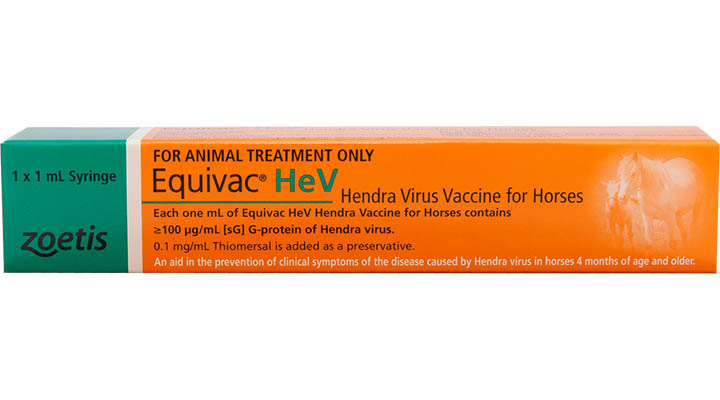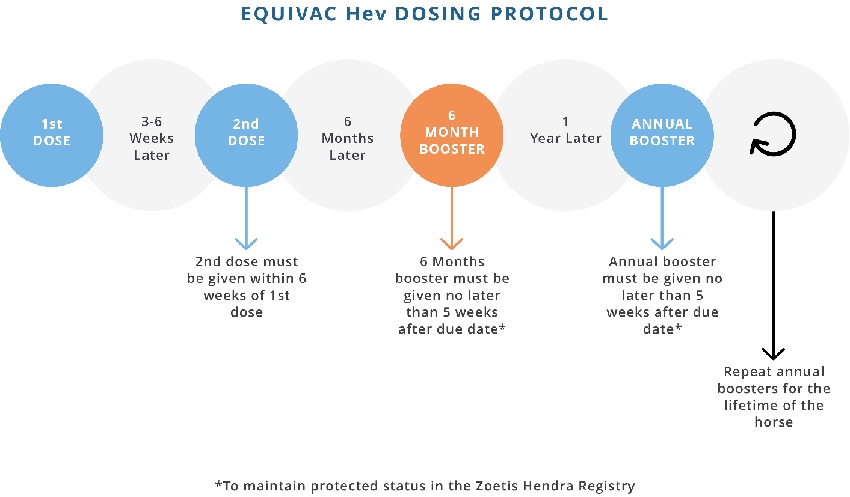Equivac® HeV
The Importance Of Vaccination
The Hendra virus (HeV) causes a potentially deadly viral disease that can be spread from horses to humans. There are no known treatments for Hendra virus.
Hendra virus has only ever been reported in Australia*. It was first detected in Queensland in 1994, more recently it has been reported further south and west of the Great Dividing Range.
Immunity
There are two basic forms of immunity – innate and active. Innate immunity refers to the inbuilt methods of defense that we all have from birth. These defenses range from the obvious such as the barrier provided by the skin through to microscopic immune cells that attack contaminants within a wound.
The problem with innate immunity is that it is not designed to target specific diseases.
Active immunity is more specific. It is developed in response or exposure to disease-causing pathogens such as bacteria or viruses.
Vaccines minimise the effect infectious diseases have on animals by stimulating a more specific active immune response in preparation for future exposure to the ‘real thing’.


